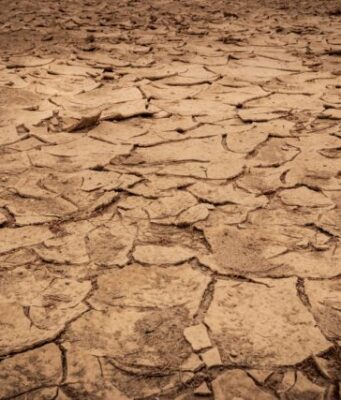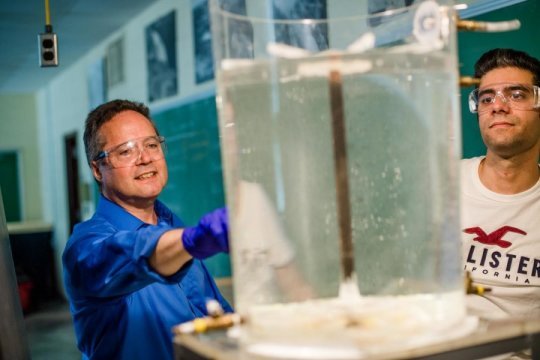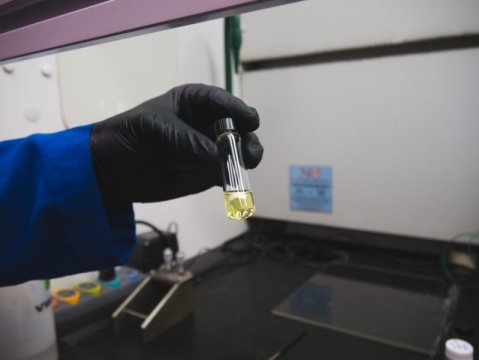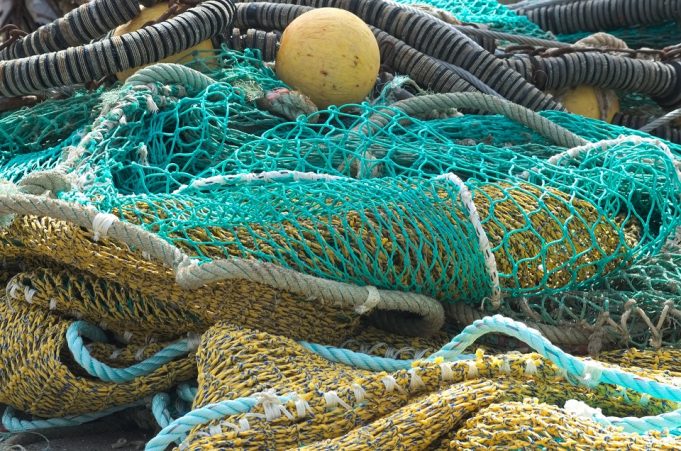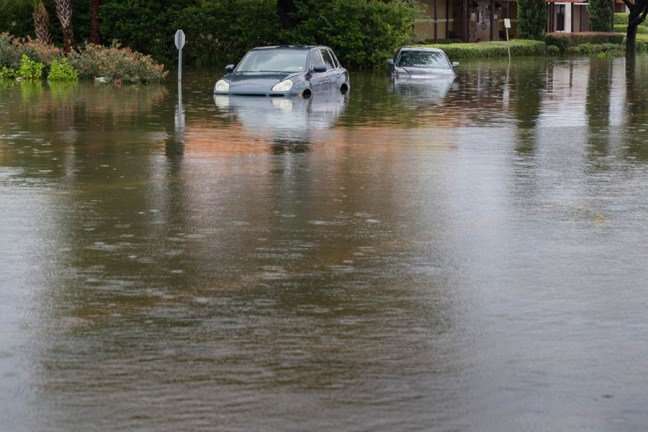On any given day, 20 percent of Americans account for nearly half of U.S. diet-related greenhouse gas emissions, and high levels of beef consumption are largely responsible, according to a new study from researchers at the University of Michigan...
Most of us are used to turning on a tap and water coming out. We rarely question whether this will happen or whether the water is clean enough to bathe in or drink. Though the process of maintaining water...
What does it take for palm trees, the unofficial trademark of tropical landscapes, to expand into northern parts of the world that have long been too cold for palm trees to survive? A new study, led by Lamont-Doherty Earth...
In a breakthrough that could lead to a new class of materials with functions found only in living systems, scientists at the University of California, Berkeley, have figured out a way to keep certain proteins active outside of the...
Healthier fish stocks. Higher catches. Profits from fishing. Is there a way to achieve these holy grails of commercial fisheries without harming endangered species that are caught incidentally?
A new UC Santa Barbara-led study has found that may indeed be...
Species living in coastal regions could face a significant future threat from reduced levels of oxygen in the marine environment, according to research published in Nature Scientific Reports.
The prevalence of hypoxic (low oxygen) areas in coastal waters is predicted to increase...
Programs in which people pay landholders to support natural systems that provide benefits like flood protection, biodiversity and carbon storage, are expanding around the world, according to a new UCLA-led study.
The paper, published today in Nature Sustainability, is the first...
Two Purdue University studies show that urbanization changes storm patterns and rainfall amounts, highlighting the need for urban planning and infrastructure design that considers how the landscape will affect the weather.
In two separate papers, teams led by Dev Niyogi,...
The 2015 Paris climate agreement sought to stabilize global temperatures by limiting warming to "well below 2.0 degrees Celsius above pre-industrial levels," but a recent literature review found the 2 degree limitation "inadequate" and concluded that limiting global warming...
Accepted ecological theory says that poor soils limit the productivity of tropical forests, but adding nutrients as fertilizer rarely increases tree growth, suggesting that productivity is not limited by nutrients after all. Researchers at the Smithsonian Tropical Research Institute...
A major study into an ancient climate change event that affected a significant percentage of Earth's oceans has brought into sharp focus a lesser-known villain in global warming: oxygen depletion.
The study, just published in the prestigious Proceedings of the National...


